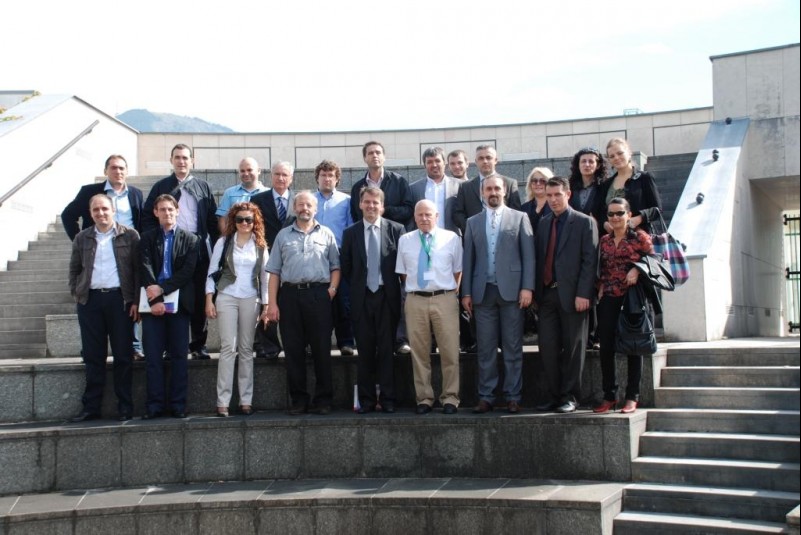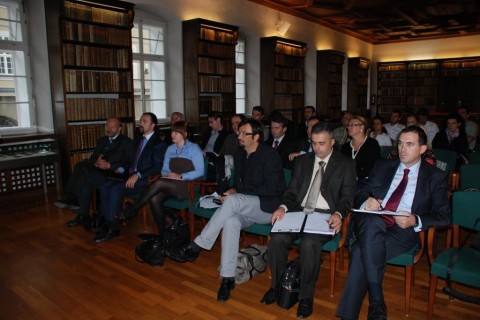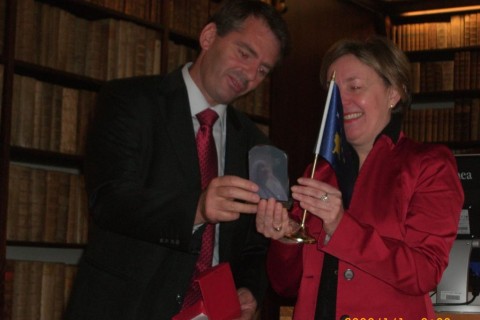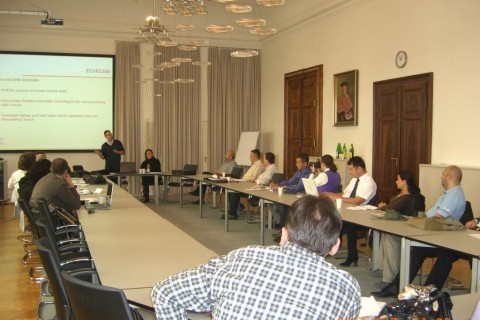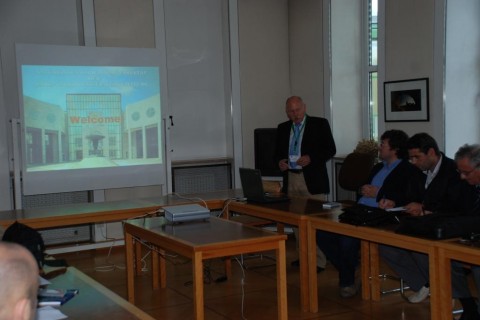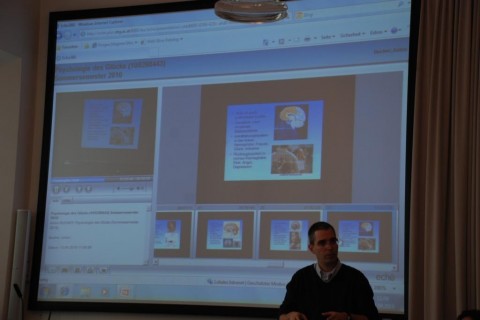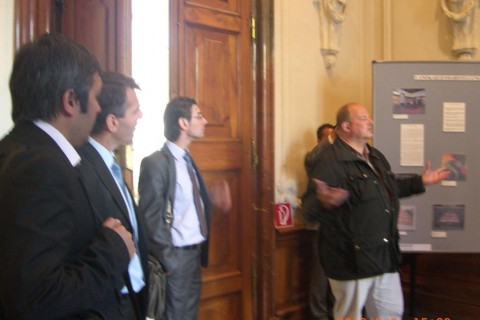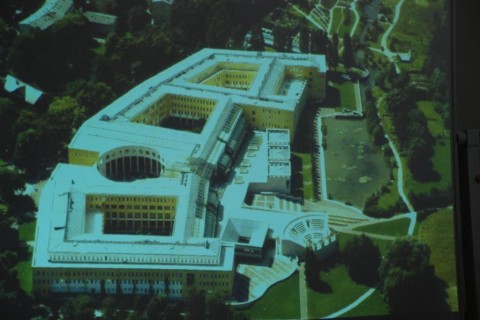QA@PHEP in Kosova: Study visit at the University of Salzburg
Salzburg, A delegation of 24 people of ten private higher education providers in Kosova, the Kosova Accreditaion Agency and WUS Austria conducted a one week study visit at the University of Salzburg in Austria.Within the framework of the proejct "Supporting and Developing the Structures for QA at the Private Higher Education Institutions in Kovova", representatives of the university management and quality assurance officers, representatives of the Kosova Accreditaion Agency and WUS Austria were hosted by the University of Salzburg for a study visit during September 5th - 11th.
During the visit the delegation had the possibility to:
-
Get introduced to the university structure;
-
Conduct site visits at different faculties and centres;
-
Hear presentations by the University staff on different centres (on career & students' services, research, quality assurance)
-
Get familiar with the structure of the curriculum for Law and Economics, as well as for Natural Sciences.
Furthermore, the delegation heard a presentation on "Quality management teaching", and asked many questions about quality assurance tools and procedures used within the University.
We may conclude that the study visit was rather successful and very impressive. Besides the introduction to QA structures, the delegation also had the opportunity to get more familiar with the internal structure of the university, its infrastructure, investments which it carries out for different areas, how things work in practice, the challenges the university faces and what the university undertakes to solve different issues. During the implementation of the project different trainings will be delivered in Kosova, and other study visits are to follow in the upcoming months in the countries of the EU project partners.
The Project "Supporting and Developing the Structures for QA at the Private Higher Education Institutions in Kovova" aims to install successful QA mechanisms at the ten Private Higher Education Providers (PHEPs) involved in the project. It is funded by the European Commission through the Tempus IV - Second call for proposals (EAC/01/2009)

